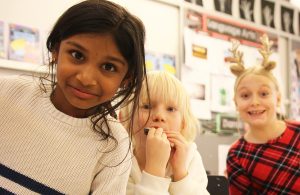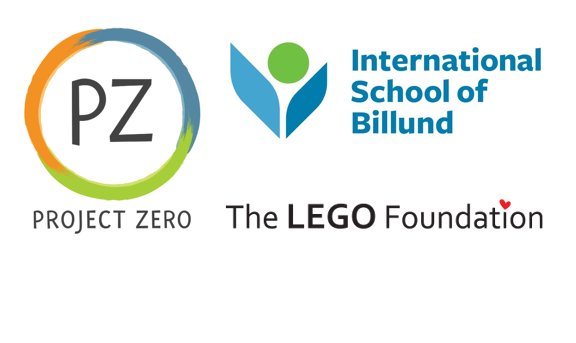About PoP
The purpose of PoP: Pedagogy of Play.
The positive effect of play on children’s intellectual, social, emotional, and physical development has already been well-documented, and we take it as given that bringing more play into the institutions tasked with nurturing these skills can only be a good thing.
In other words, the why of playful learning has been covered.
What we’re exploring now, through PoP, is the how.
- How can a school balance the need for safety and order with the qualities of risk and chaos that make play such a powerful force for learning?
- How can teachers say “yes” more often to student initiative, without compromising curriculum goals and standards?
- How can administrators support teachers in stepping back to let students lead the way?
That said, if you’re interested in learning more about the beliefs that form the foundation of our work on learning through play, check out the PoP Principles.
The history of PoP

The Pedagogy of Play project began at ISB in 2015, where it has continued to grow and evolve ever since. Thanks to a generous grant from the LEGO Foundation, ISB teachers-researchers are given time to participate in PoP study groups where together they hypothesise, experiment, discuss, and ask questions about learning through play alongside our good friends at Project Zero, a research organization based at the Harvard Graduate School of Education. Most of the resources now available on our PoP page are a direct result of the work undertaken by these teacher-researchers. In 2017, PoP expanded to South Africa and later to the United States, with additional research sites expected in the future. In each site, educators and researchers work together to explore culturally relevant models of playful learning.
PoP collaborators
Pedagogy of Play is a research collaboration between the LEGO Foundation and Project Zero, launched at ISB.
Project Zero, visit: http://www.pz.harvard.edu/projects/pedagogy-of-play
LEGO Foundation: www.legofoundation.com

Research papers
While PoP research is still very much in process, we take this opportunity to share two working papers that highlight some emergent findings and hypotheses.
The first, Towards a Pedagogy of Play, situates the research in the fields of play and learning and presents promising theories around the objective and subjective nature of learning through play.
The companion paper, Playful Participatory Research, explores a new model of collaborative research and takes a deeper dive into the work with ISB.